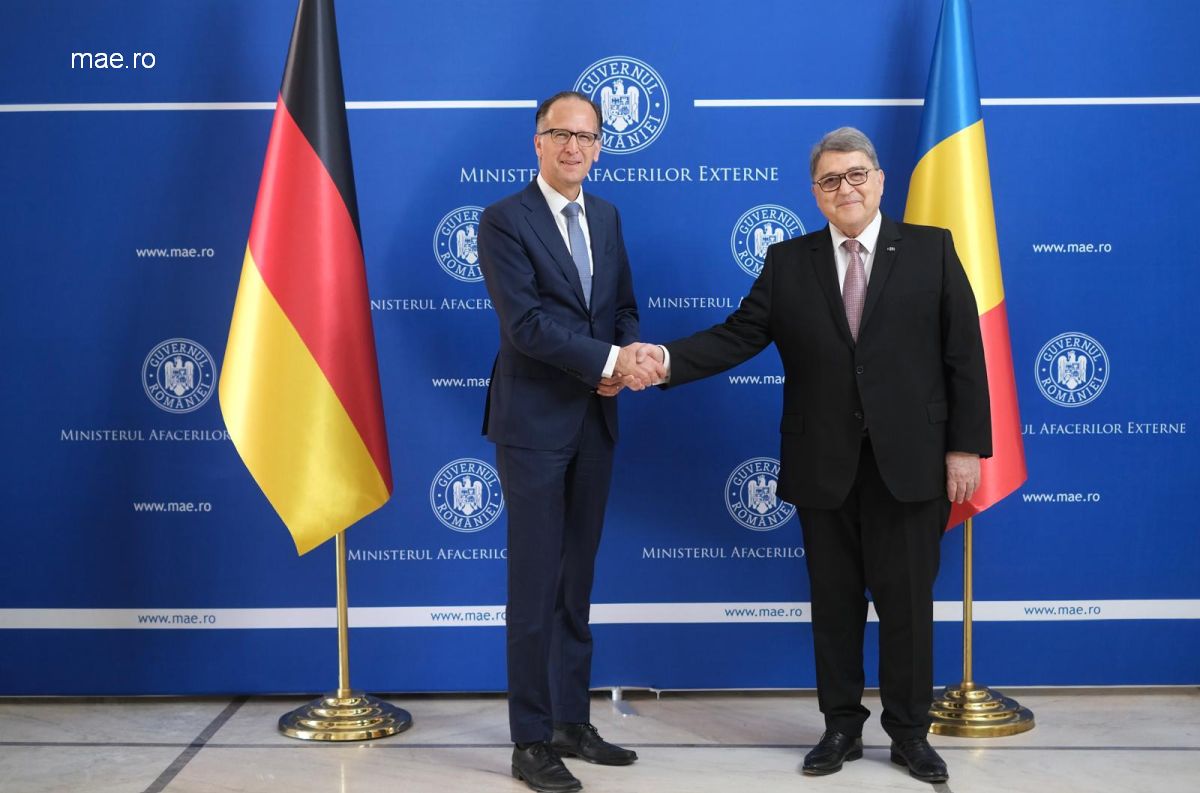Romania, the West and Transdniester
A communiqué of the Romanian presidency shows that the latest statements by Vladimir Putin run counter to the principles of international law and the fundamental principles of the security system in Europe. Calling into question internationally acknowledged borders is unacceptable and this directly affects regional peace and stability. Revisionist movements artificially generated from outside are themselves direct threats to the sovereignty and territorial integrity of states and cannot be considered solutions for defending the rights of national minorities, the presidential release also writes.

Roxana Vasile, 18.04.2014, 13:10
A communiqué of the Romanian presidency shows that the latest statements by Vladimir Putin run counter to the principles of international law and the fundamental principles of the security system in Europe. Calling into question internationally acknowledged borders is unacceptable and this directly affects regional peace and stability. Revisionist movements artificially generated from outside are themselves direct threats to the sovereignty and territorial integrity of states and cannot be considered solutions for defending the rights of national minorities, the presidential release also writes.
Moreover, the presidency believes that calling into question the state’s organisation and imposing federal and autonomist models by involving the national minorities in subversive actions against the state they live in represent a direct interference into the domestic affairs of a sovereign state. Besides Ukraine, which is undergoing a profound crisis, the Republic of Moldova, with its majority Romanian-speaking population, is also facing a big threat, says the Romanian prime minister Victor Ponta.
On Thursday, Vladimir Putin said the Russian speaking population of Transdniester, a self-styled republic that is not recognised internationally, should have the right to decide its own future. A day earlier, Transdniester’s parliament decided to request president Putin to recognise the region’s independence and later allow it to join Russia.
In response, the Moldovan authorities described the move as yet a new attempt to destabilise the country and to force a repeat of the Crimean scenario in Transdniester.
The US is also concerned with the fact that Russia is calling into question the integrity of certain countries in the region, said the American Republican senator John McCain during his visit to Chisinau. In Bucharest, the US charge d’affairs, Duane Butcher, pointed out that Washington remains a staunch supporter of Romania, which is now in the front line of the crisis generated by the situation in Ukraine. A European Union and NATO member, Romania hosts a sizeable US marines contingent at the Mihail Kogalniceanu air base, in the south east.






























